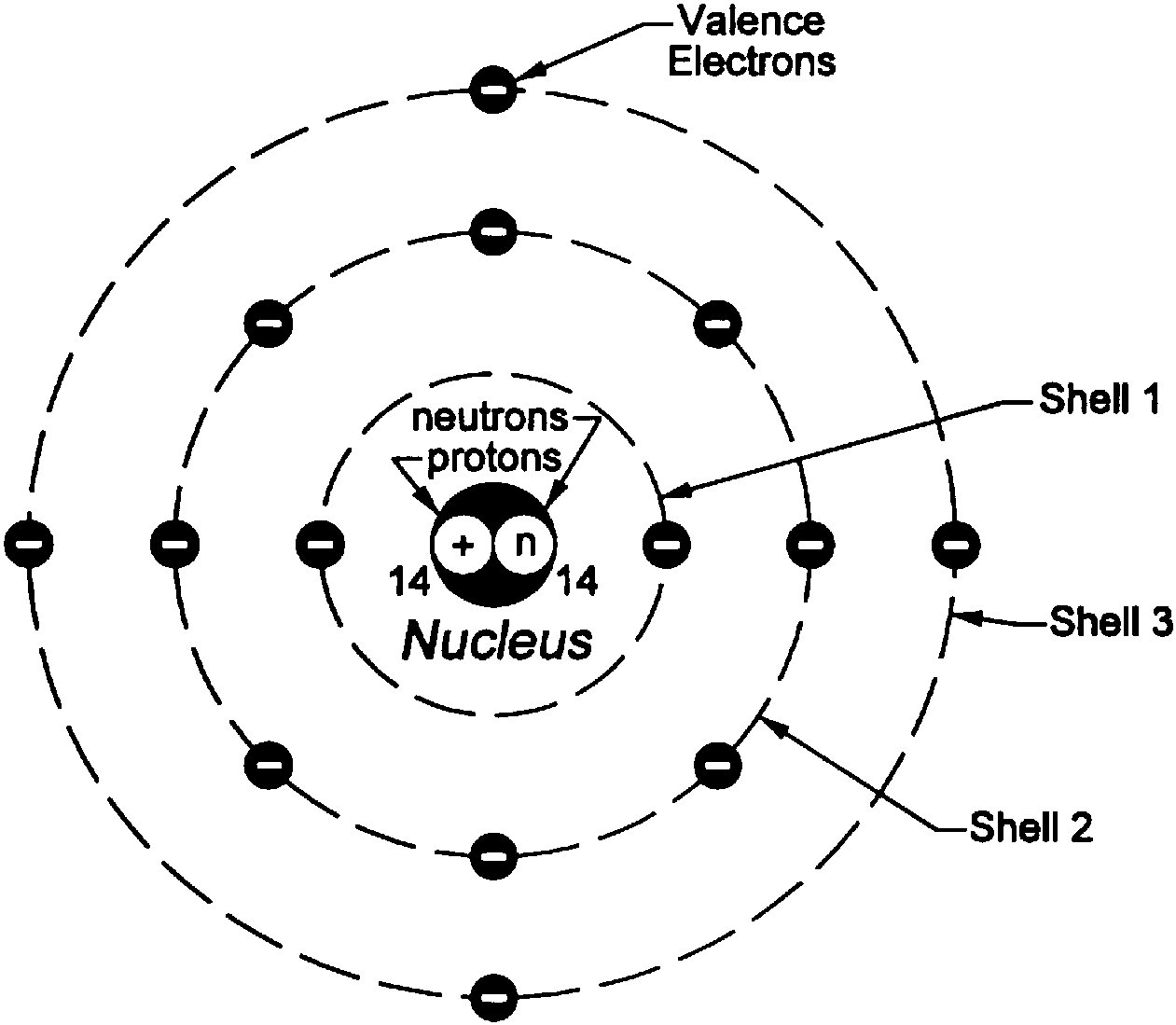
Bohr Model Drawing Of Oxygen at GetDrawings Free download
This classical mechanics description of the atom is incomplete, however, since an electron moving in an elliptical orbit would be accelerating (by changing direction) and, according to classical electromagnetism, it should continuously emit electromagnetic radiation.
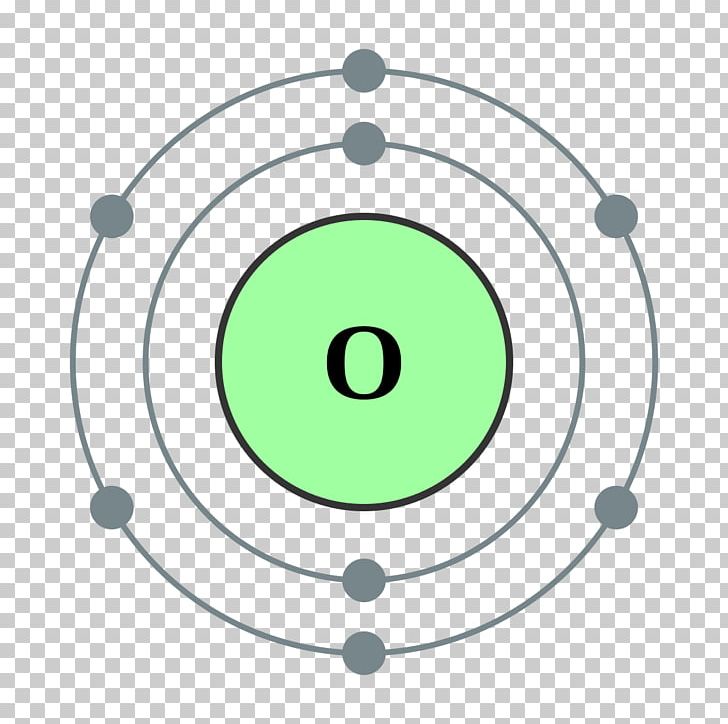
Bohr Model Chemical Element Oxygen Atomic Theory PNG, Clipart, Angle
Using the Bohr model, determine the energy, in electron volts, of the photon produced when an electron in a hydrogen atom moves from the orbit with n = 5 to the orbit with n = 2. Show your calculations. Using the Bohr model, determine the lowest possible energy, in joules, for the electron in the Li 2+ ion.

Bohr Model Drawing Of Oxygen at GetDrawings Free download
The Bohr Model is a modification of an earlier atomic model, the Rutherford Model. The Bohr Model has an atom with a positively-charged nucleus surrounded by negatively-charged electrons that have circular, planetary-like orbits. Today, we know that the Bohr Model has some inaccuracies, but it's still used because of its simple approach to.

Oxygen atom bohr model Royalty Free Vector Image
Atomic Structure (Bohr Model) for Oxygen (O) Wayne Breslyn 725K subscribers Join Subscribe Subscribed 116 Share 22K views 1 year ago In this video we'll look at the atomic structure and.

Oxygen Bohr Model (Diagram, Steps To Draw) Techiescientist
Bohr diagrams show electrons orbiting the nucleus of an atom somewhat like planets orbit around the sun. In the Bohr model, electrons are pictured as traveling in circles at different shells, depending on which element you have. Figure 2 2 contrast the Bohr diagrams for lithium, fluorine and aluminum atoms. The shell closest to the nucleus is.
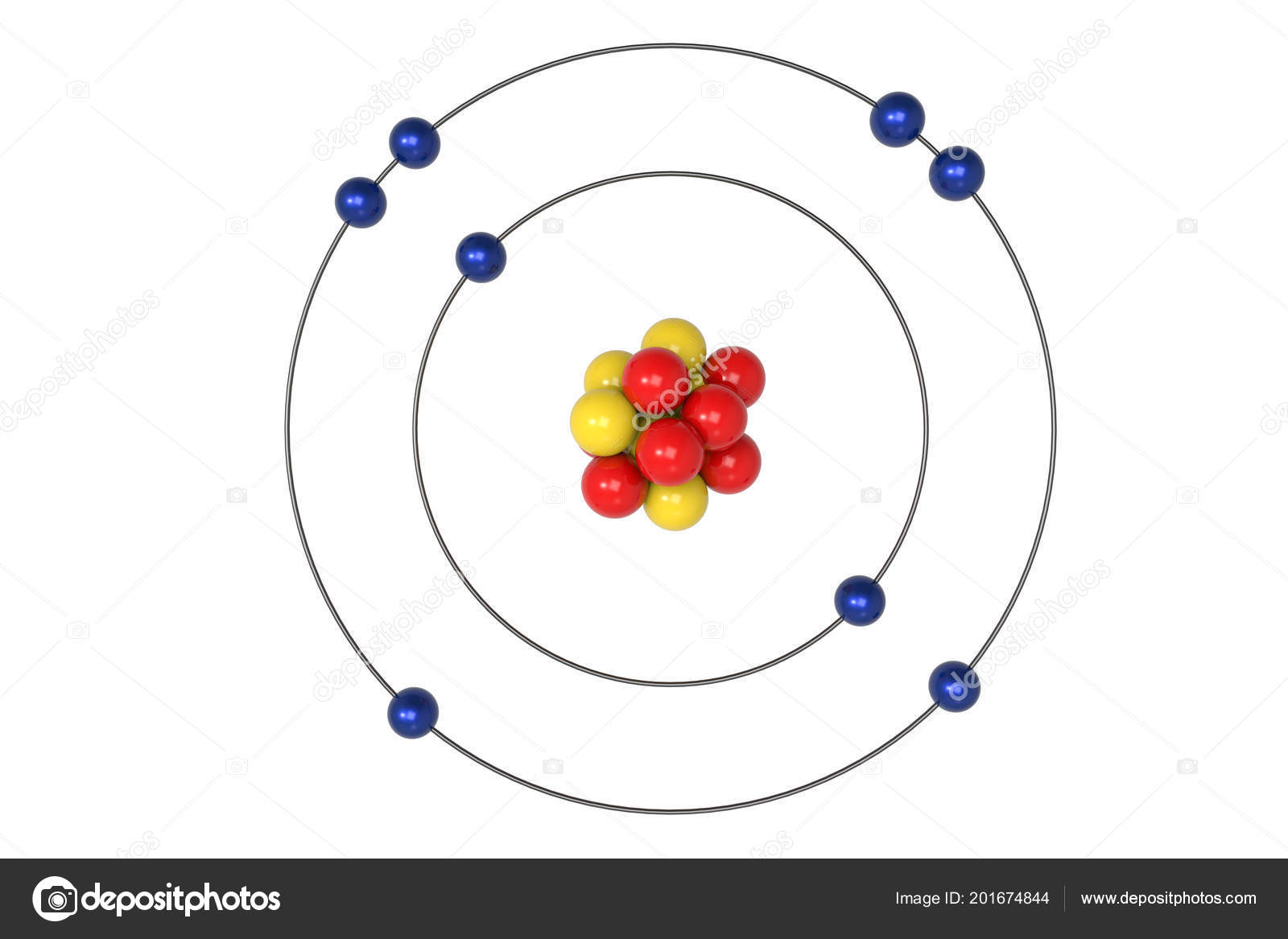
Oxygen Electronic Structure lupon.gov.ph
Figure 7.3.2 7.3. 2: The emission spectra of sodium and mercury. Sodium and mercury spectra. Many street lights use bulbs that contain sodium or mercury vapor. Due to the very different emission spectra of these elements, they emit light of different colors. The lines in the sodium lamp are broadened by collisions.

Oxygen, atom model. Chemical element with symbol O and with atomic
Bohr's model of hydrogen is based on the nonclassical assumption that electrons travel in specific shells, or orbits, around the nucleus. Bohr's model calculated the following energies for an electron in the shell, n : E ( n) = − 1 n 2 ⋅ 13.6 eV

Bohr Model of an oxygen atom YouTube
The Bohr model is a relatively primitive model of the hydrogen atom, compared to the valence shell model. As a theory, it can be derived as a first-order approximation of the hydrogen atom using the broader and much more accurate quantum mechanics and thus may be considered to be an obsolete scientific theory.
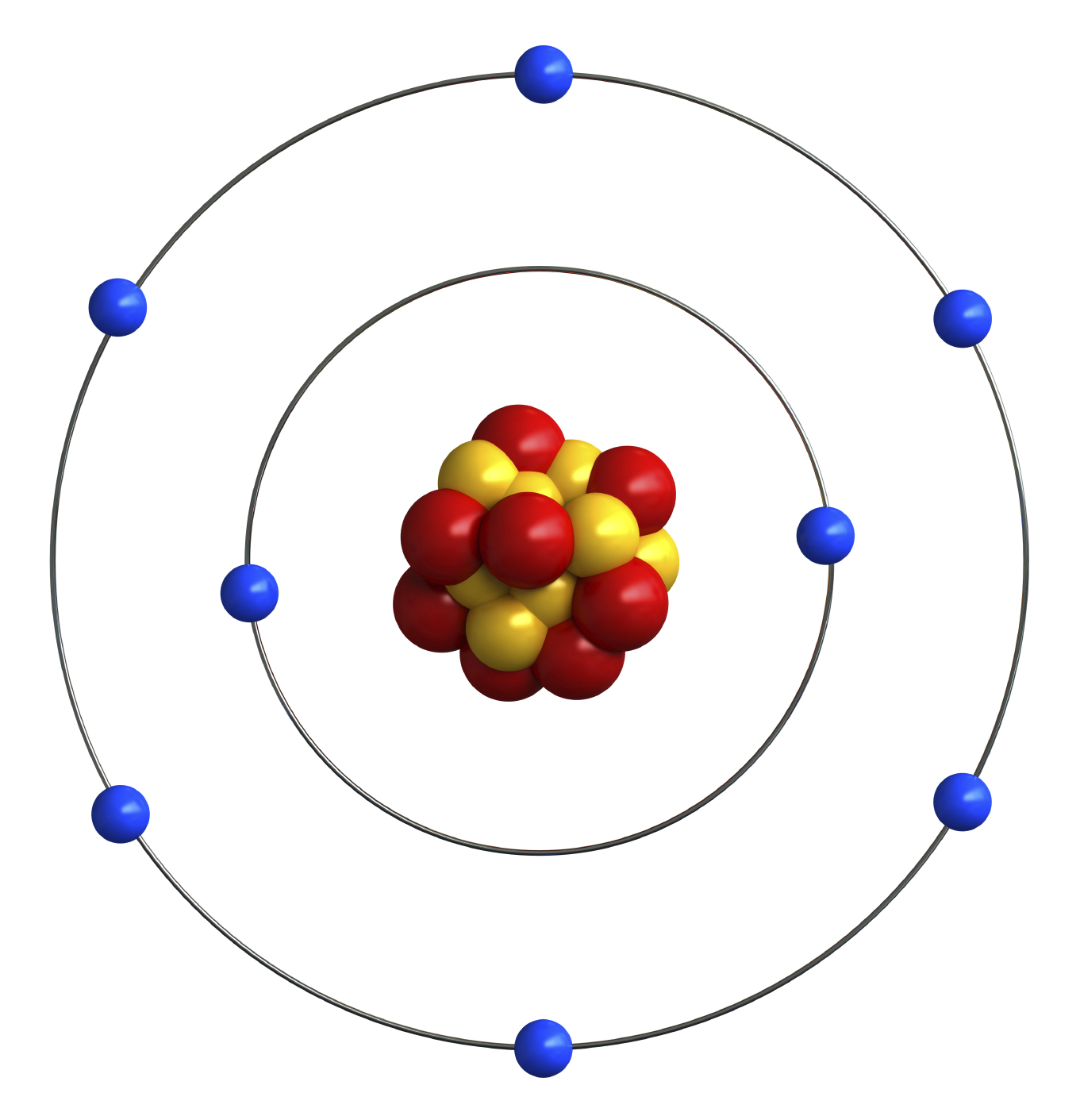
Forms of Energy ND Studies Energy Curriculum
In 1913, a Danish physicist, Niels Bohr (1885-1962; Nobel Prize in Physics, 1922), proposed a theoretical model for the hydrogen atom that explained its emission spectrum. Bohr's model required only one assumption: The electron moves around the nucleus in circular orbits that can have only certain allowed radii.
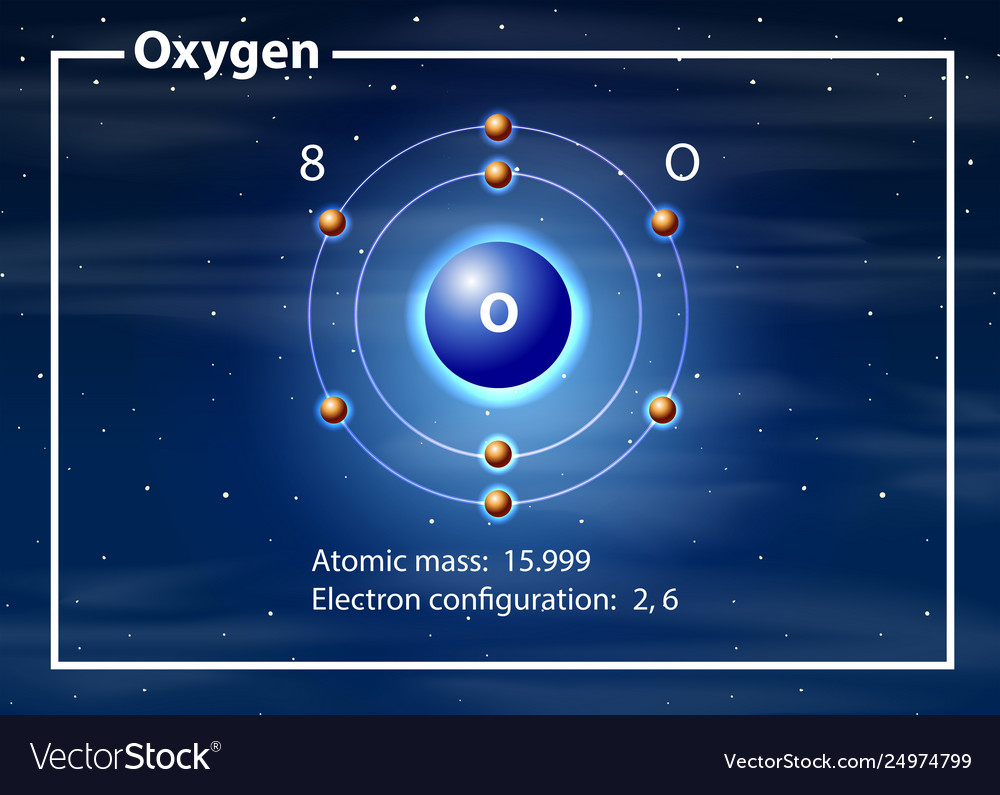
Oxygen atom diagram concept Royalty Free Vector Image
2.12: The Bohr Model - Atoms with Orbits is shared under a CK-12 license and was authored, remixed, and/or curated by Marisa Alviar-Agnew & Henry Agnew. Bohr's model suggests that each atom has a set of unchangeable energy levels, and electrons in the electron cloud of that atom must be in one of those energy levels.
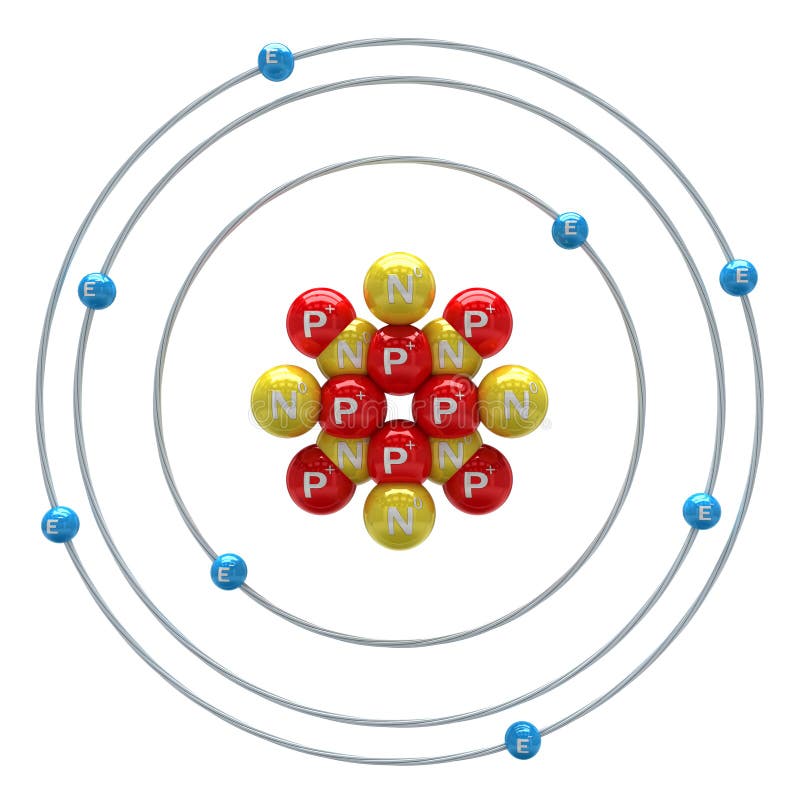
Oxygen Atom on White Background Stock Illustration Illustration of
What is the Bohr model for oxygen? A Model for Atomic Structure: An atom is the smallest particle that makes up matter. It has subatomic particles within it called protons, neutrons, and.

Diagram representation of the element oxygen Vector Image
Category: Science & Tech Key People: Niels Bohr Related Topics: atom On the Web: Space.com - The Bohr model: The famous but flawed depiction of an atom (Jan. 08, 2024) See all related content → Bohr model, description of the structure of atoms, especially that of hydrogen, proposed (1913) by the Danish physicist Niels Bohr.
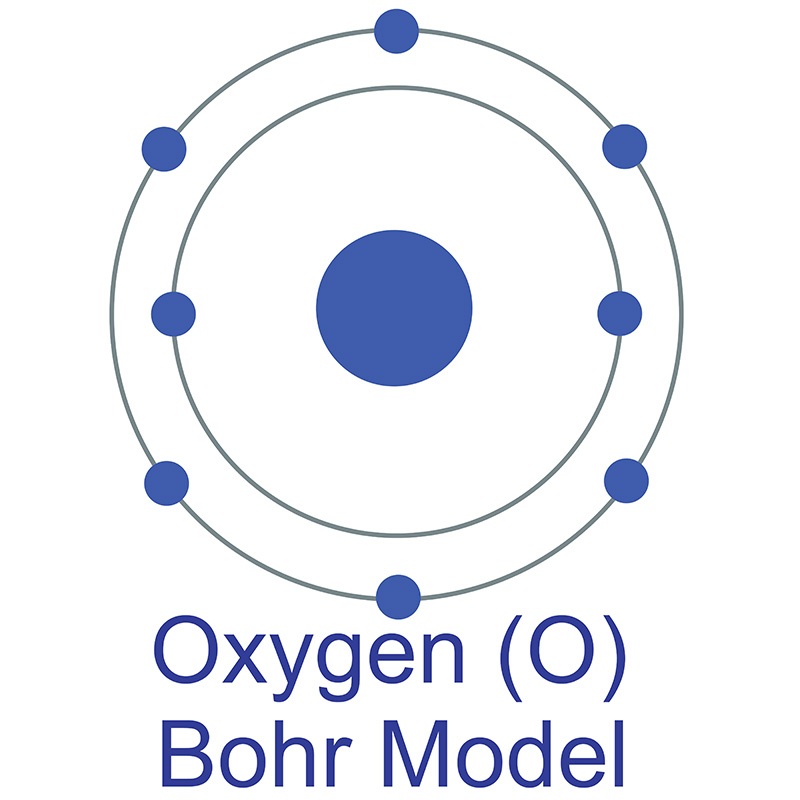
Oxygen (O) AMERICAN ELEMENTS
Answer. Bohr's model of the hydrogen atom provides insight into the behavior of matter at the microscopic level, but it does not account for electron-electron interactions in atoms with more than one electron. It does introduce several important features of all models used to describe the distribution of electrons in an atom.
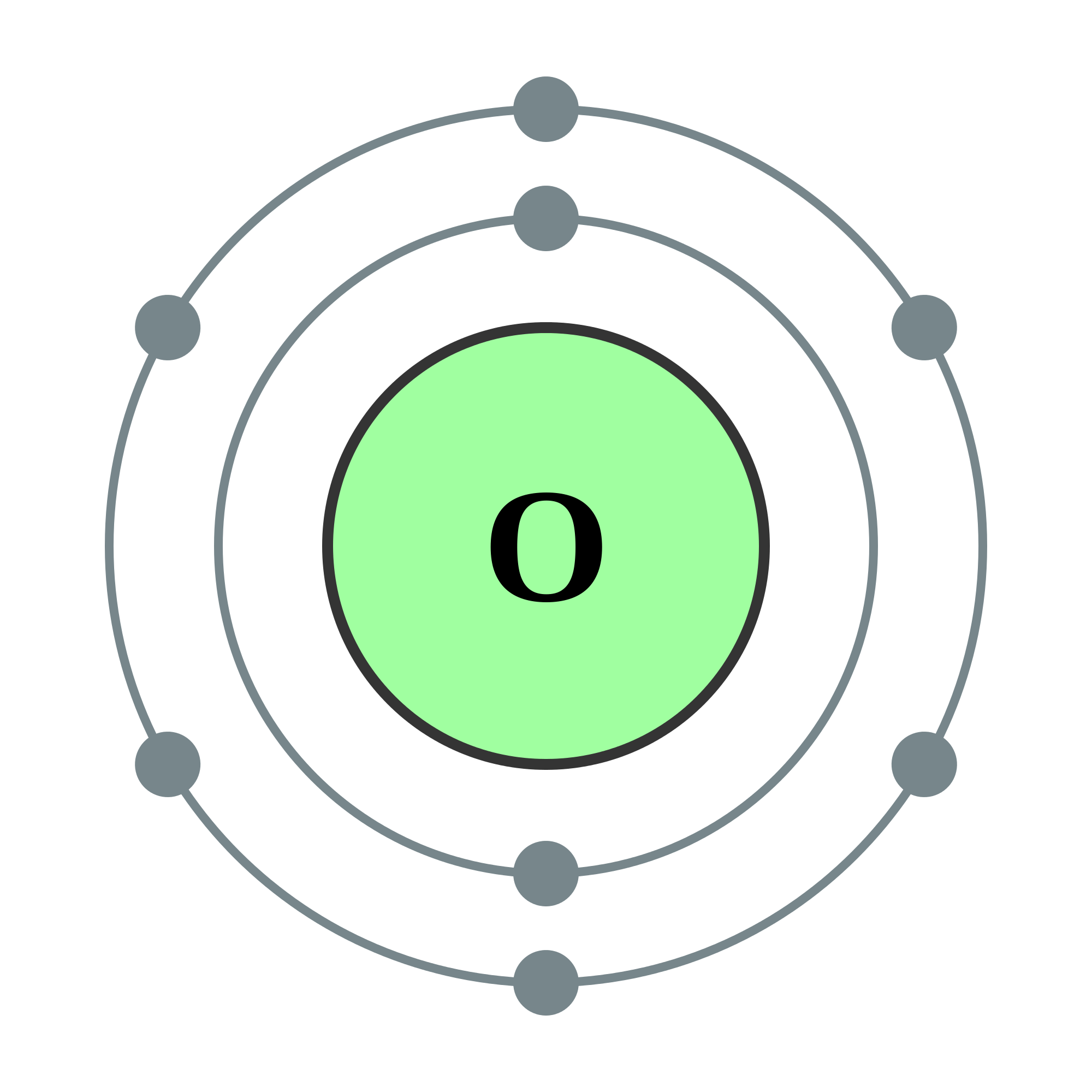
Octet Rule Valence Electrons Of Oxygen Exceptions to the Octet Rule
The Bohr model of oxygen contains a nucleus having 8 protons and 8 neutrons in the center, and around this nucleus, there are two electron shells containing 8 electrons. Atomic Structure (Bohr Model) for Oxygen (O) Watch on Contents Steps #1 Write protons, neutrons, and electrons of oxygen atom #2 Draw nucleus of oxygen atom
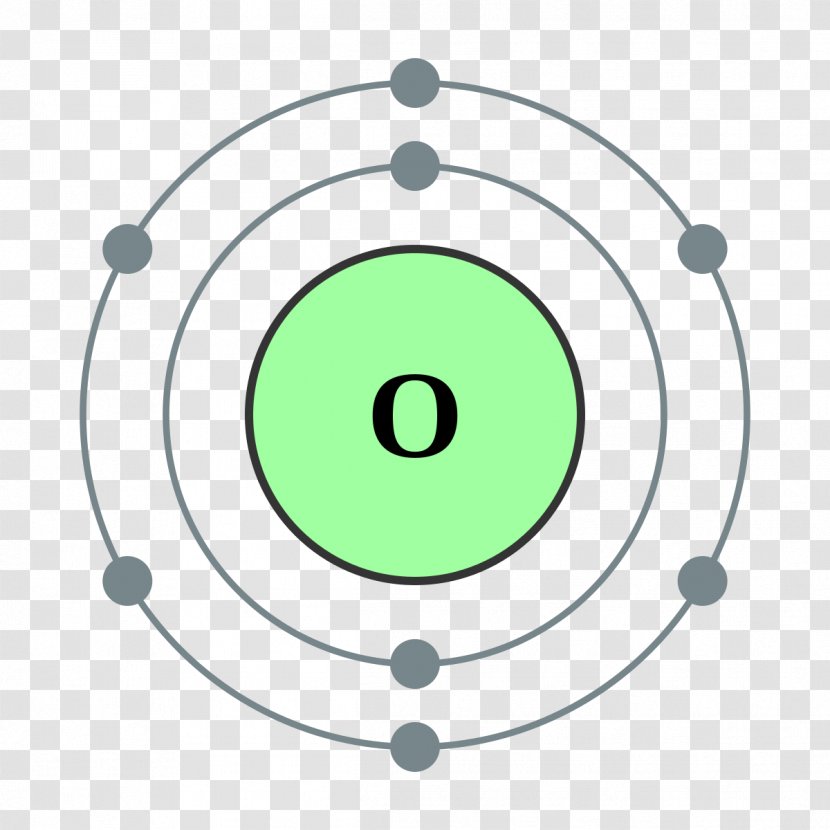
Bohr Model Chemical Element Oxygen Atomic Theory Green Shells
Figure \(\PageIndex{7}\) In Bohr's Model of the atom, electrons absorb energy to move to a higher level and release energy to move to lower levels. (CC BY-SA 3.0; Kurzon). The evidence used to support Bohr's model came from the atomic spectra. He suggested that an atomic spectrum is made by the electrons in an atom moving energy levels.

Oxygen Valence Electrons (O) Oxygen Valency & Electron Configuration
One of the weaknesses of Bohr's model was that he could not offer a reason why only certain energy levels or orbits were allowed. Figure 10.4.1 10.4. 1: The energy levels of the electrons can be viewed as rungs on a ladder. Note that the spacing between rungs gets smaller at higher energies (CC BY-NC; Ümit Kaya)